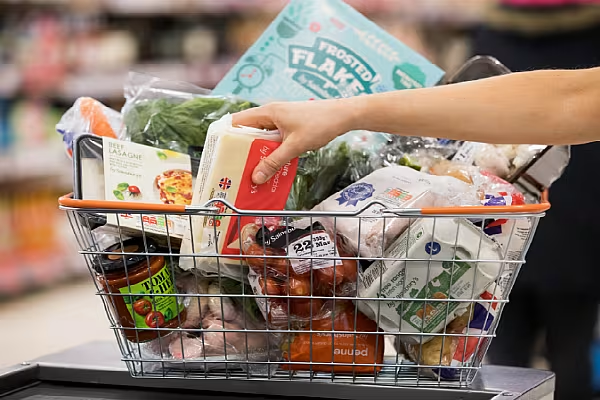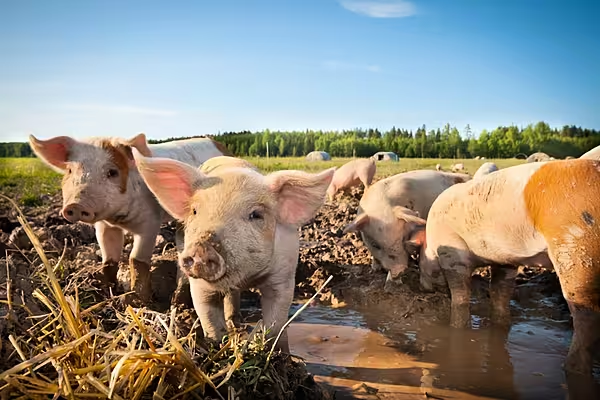Food and grocery businesses in the UK and elsewhere face huge uncertainty about what Brexit will mean in practice, according to grocery research organisation IGD.
As a result, the organisation has launched its 'Brexit Workout' - a framework for companies covering continuity issues that could emerge following the UK's exit from the European Union.
"The alternative of sitting back and waiting for clarity while the clock runs down is extremely risky," said James Walton, chief economist at IGD.
"In every aspect, existing UK and European grocery supply chains are the product of their evolution in the Single Market and its regulatory framework. Even businesses that operate entirely within one country will have international connections somewhere along their chains that could be disrupted when the UK is no longer a member.”
Brexit Workout
IGD is encouraging companies to take a proactive approach in their planning, and consider the implications that may arise in the wider supply chain.
The organisation's 'Brexit Workout' calls on businesses to identify one product as a test case, and itemise the inputs needed to create the product and bring it to market.
Then, consult with stakeholders to understand the worst-case scenario for disruption, piece this together to get a picture of the overall risks, think about the steps they might take to mitigate these risks, and consider how representative the test product is likely to be for other products in the company's range.
Potential Outcomes
IGD notes that it is possible that negotiations will proceed smoothly and result in relatively minor changes, however, it warns that companies also need to consider more disruptive scenarios.
Potential outcomes might include long delays, rising costs, skills shortages, and barriers blocking supply routes.
The organisation suggests that remedial work could extend to every element of the supply chain, including product specifications, sourcing decisions, transport routes, manufacturing locations, quality control, forecasting, KPIs, and more.
"The task will require teamwork through the chain and across the whole company," added Walton.
"It could be the ultimate test of a company's collaboration skills. For most grocery companies, this could take several years to complete, which is a daunting prospect. It is a management marathon and like many long tasks, it is hard to know where to begin. That is where our Brexit Workout comes into play, allowing companies to begin in a small way."
© 2017 European Supermarket Magazine – your source for the latest retail news. Article by Sarah Harford. Click subscribe to sign up to ESM: The European Supermarket Magazine.














